SensUs 2024: the future of kidney failure monitoring
In the SensUs competition, organized by a TU/e student team, student teams are developing innovative biosensors designed for the continuous monitoring of kidney failure.
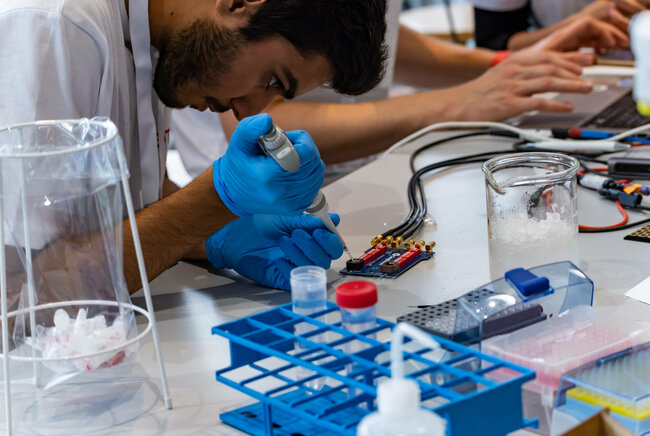
SensUs 2024 will take place on August 29th in Eindhoven: an international student competition focused on biosensors. Student teams from all over the world are competing against each other. This year, they are developing innovative sensors designed for the continuous monitoring of acute kidney failure.
Source: Innovation Origins / Elcke Vels
When a patient suffers from kidney failure, the kidneys are unable to effectively filter waste out of the body. Karel Schuller of the PR department of SensUs, the student team organizing the competition: “That the kidneys are not doing their job properly can be seen, among other things, by an increased concentration of creatinine in the blood. And you can measure that concentration using sensors.”
Measuring kidney failure via creatinine was also the research topic in 2016. What is new this year is the focus on continuous monitoring. Whereas these sensors already exist for glucose monitoring in diabetes, for example, they have not yet been developed for kidney failure.
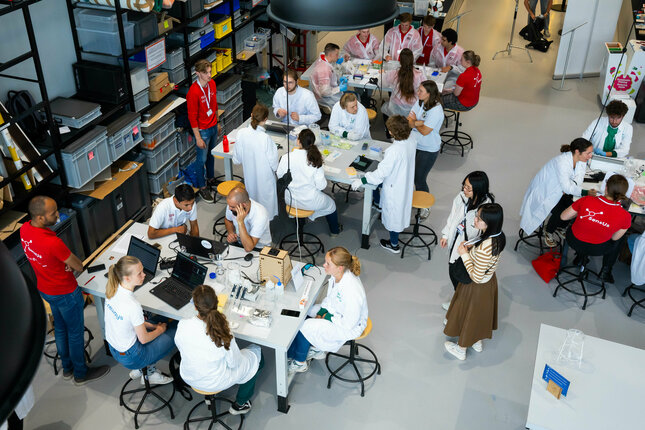
Tremendous growth
Students develop sensors each year as part of the International SensUs Student Competition, in which dozens of universities from around the world participate. The goal of the competition: to develop new biosensors that advance healthcare. Previous editions have focused on measuring traumatic brain injury and sepsis, for example.
The competition has experienced tremendous growth in recent years, Schuller says. “In the first year, in 2016, five teams were competing, and now there are almost four times as many. Hopefully, next year there will be even more teams."
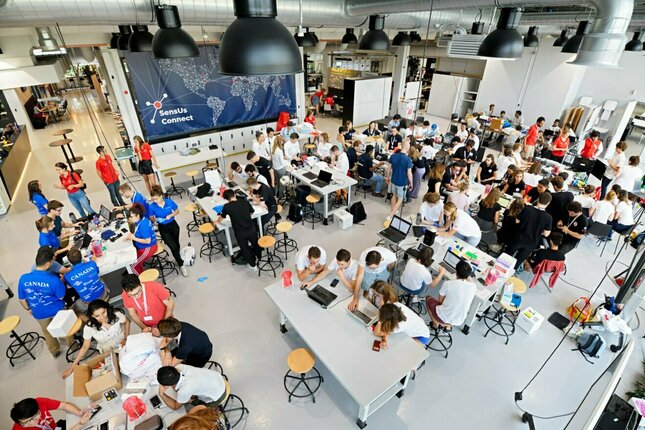
Making an impact
A team draws up plans, receives feedback, and then gets to work developing both the sensor and bringing it to market. The students who participate have the potential to contribute to healthcare in the long run. NEOSENS, a Swiss startup that entered the 2022 competition, is an example.
This company, founded by three young innovators, is developing biosensors for measuring sepsis in newborn babies. NEOSENS specifically addresses an urgent global health issue: in low- and middle-income countries, as many as 12% of newborns each year undergo unnecessary antibiotic treatments due to faulty sepsis diagnoses.
On Thursday afternoon, this year's teams will present their sensors. “I'm very curious to see what they come up with,” Schuller said.
More on Health
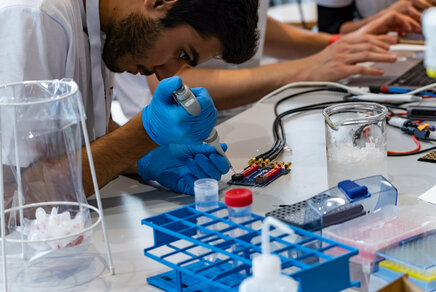
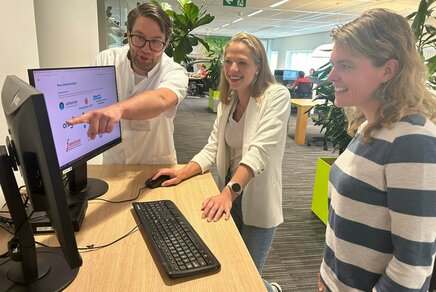
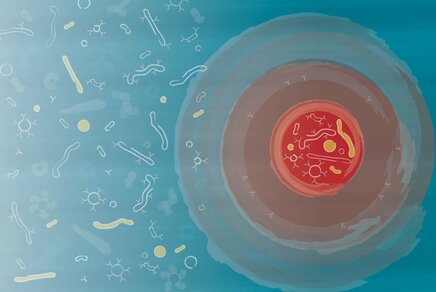
Latest news
![[Translate to English:] [Translate to English:]](https://assets.w3.tue.nl/w/fileadmin/_processed_/6/2/csm_universiteit%20jos%20keurentjes%20energie%202_d469fe3b2f.jpg)
![[Translate to English:] [Translate to English:]](https://assets.w3.tue.nl/w/fileadmin/_processed_/2/2/csm_Pre-EditLeviBaruch-0003_558369f155.jpg)
![[Translate to English:] [Translate to English:]](https://assets.w3.tue.nl/w/fileadmin/_processed_/7/d/csm_Boutin%20Banner%20image_165e239d2b.jpg)